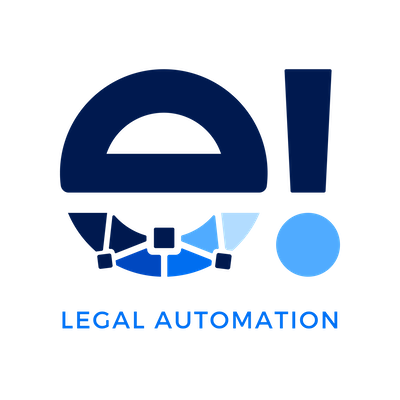AI in Regulatory Compliance has brought about a revolution in numerous sectors, with the field of compliance being no exception. With its capacity to process vast amounts of data and learn from it, AI offers significant potential to identify risks and design more effective prevention and detection measures.
This technology can assist companies in ensuring regulatory compliance, thereby reducing the manual workload and enhancing accuracy. Furthermore, AI in Regulatory Compliance can provide a deeper insight into data patterns and trends, which can aid companies in anticipating potential compliance issues before they materialize.
Navigating Legal Limitations for AI in Regulatory Compliance
Despite its benefits, the use of AI in regulatory compliance is not without challenges. Legal limitations, such as personal data protection and automated decision-making, must be taken into account. Companies must be aware of current laws and regulations to ensure that their use of AI complies with all relevant regulations.
This may involve implementing robust data security measures and ensuring that any decision made by AI can be explained and justified. In addition, companies must be prepared to adapt to changing legal and ethical norms around the use of AI.
It is important to note that AI is not a one-size-fits-all solution for all compliance issues. Each company has its own unique needs and challenges, and AI should be used in a way that adapts to these factors. This may require careful consideration and planning, as well as ongoing review and adjustment of AI strategies as laws and regulations evolve.
The Impact of AI in Regulatory Compliance on the Workplace
AI and automation are changing the labour landscape. Companies are using these technologies to improve efficiency and productivity, which can lead to significant changes in labour practices. For example, compliance tasks that once required hours of manual work can now be performed by AI systems in a matter of minutes.
However, this also raises questions about the future of work and the need for appropriate skills and training for workers. As AI becomes an integral part of the workplace, companies and employees must be prepared to adapt. This may involve the need for ongoing training for employees so they can work effectively with AI.
In addition, companies may need to review and update their policies and procedures to reflect the growing use of AI in the workplace.

Setting Boundaries for the Use of AI in the Police and Judicial Field
AI in Regulatory Compliance within the police and judicial field presents ethical and legal challenges. Although AI can be a valuable tool for crime detection and judicial decision-making, it is crucial that fundamental rights are respected.
This may involve setting limits on how and when AI in Regulatory Compliance is utilized, ensuring transparency in decision-making processes, and guaranteeing that individuals have the right to challenge decisions made by AI. As AI becomes increasingly integrated into the judicial system, it is essential that safeguards are established to protect individuals’ rights and maintain trust in the system.
This may require careful consideration of the ethical implications of AI in Regulatory Compliance, as well as the implementation of policies and procedures to ensure that AI is used fairly and responsibly.
AI as a Tool for Compliance Officers
In summary, AI in Regulatory Compliance offers significant potential to transform the field of compliance. By enhancing efficiency and accuracy, AI becomes a valuable tool for compliance officers.
However, it is crucial that companies are cognizant of legal and ethical limitations and ensure that their use of AI in Regulatory Compliance is transparent and responsible. As technology continues to advance, we are likely to see an expansion in the ways AI can be utilized in the field of regulatory compliance.
As we progress towards the future, it is essential that we persist in exploring and understanding the implications of this potent technology within the realm of regulatory compliance.






